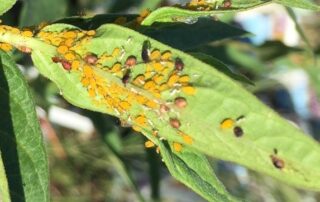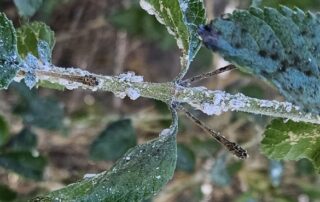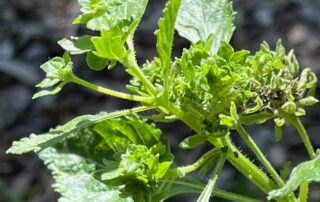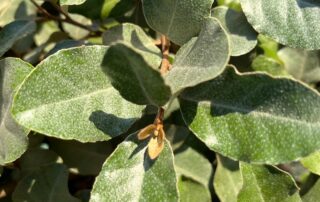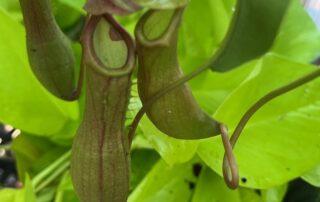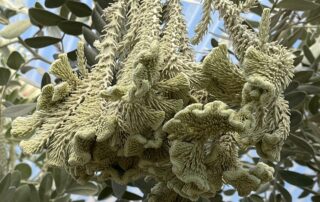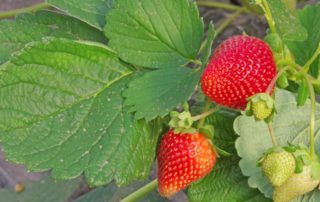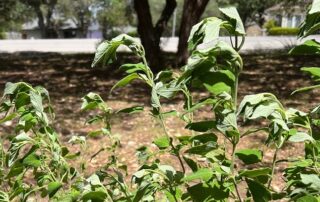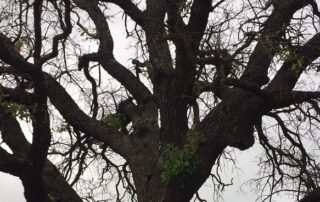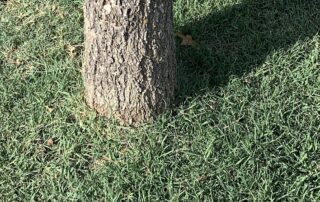Hard Freeze Preparation in Central Texas 2024
If you are reading this now, it is likely that a "freak" winter event is on its way. Central Texas is known for its variable weather patterns and wide swings in temperature are not unheard of. Weather prediction in Central Texas is difficult, so I would suggest that we prepare for the worst and hope for the best in any predicted extreme event. We are seeing forecast lows of anywhere from 10°F to 15°F for much of our area, with below freezing temperatures lasting up to 60 hours or more [...]


